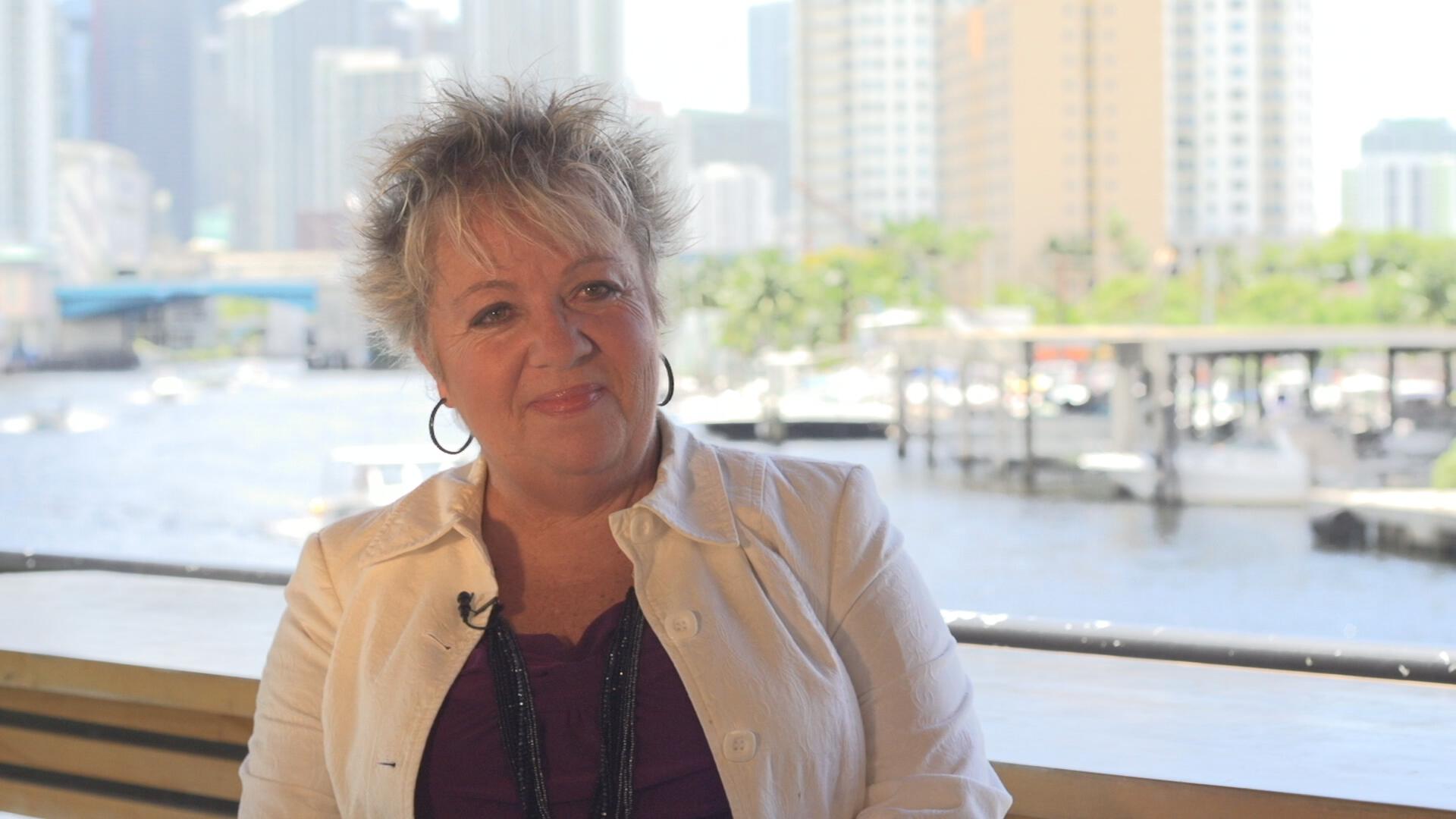What are real Liveops agents like?

Meet the people handling your most important customer interactions
When you buy traditional contact center services, you’re getting the customer service equivalent of a black box. The agents are typically represented by Suzy Stockphoto—a smiling model in a headset—but who is really answering your customers’ calls? Since employee turnover is high, the true quality of these agents is difficult to evaluate.
That’s why we launched the “real agents” campaign—showcasing the real people and powerful stories of Liveops agents. Take a look at our home page and meet Mary, Rebecca, Sharon and Jim at the top. Scroll down further to meet Chris, Patsy, JoAnn, Susan and a host of other agents who represent Liveops clients every day.
Liveops agents come from all walks of life: retirees, military veterans and their spouses, stay-at-home parents, caregivers, and people with a wide variety of professional backgrounds, from teaching to healthcare to law. They all have a few things in common: [epq-quote align="align-center"]They thrive on helping others, they have special skills in our customers’ industries, and they’re seasoned pros in customer service and sales.[/epq-quote]
“You have to have it in your heart that you really want to help people, that you want the best for that person on the phone,” said Liveops agent Anthony. “If that sincerity can show and you display that in your conversation, then everything else, I feel, falls in line.”
Working with a disability
After a long military career in the U.S. Marine Corps that involved multiple deployments, Anthony was disabled by injuries he sustained in the course of his service. Since leaving the military, he spent time doing special investigations for an insurance company and is a licensed insurance agent. Now, however, his injuries prevent him from going to work at a regular nine-to-five job.
“If I'm on the line and see a person who is having a not-so-good day, and if I can change the direction of that conversation towards something positive, redirect back to the mission of Liveops, and then successfully close that call on a positive, upbeat note, I felt that I've done something really good for that person first and foremost. And also to continue Liveops going in the right direction as well,” Anthony said.
Chris also has a disability that prevented him from continuing to work as a physician's recruiter, which required him to sit in an office for long periods. This forced him to make a career transition.
[embed]https://youtu.be/1JC4XUS1AM4[/embed]
“I had to quit a full-time job 13 months ago that I enjoyed very much because I could not withstand sitting in my chair and being on the phone for nine hours a day,” Chris said. “I enjoy speaking with people, and now I get to do it on a regular basis. I usually try to book about 60 to 70 [half-hour] shifts a week at Liveops. I'm working seven days a week because I just enjoy the job so much. The freedom and flexibility's been tremendous."
POLISH AND PROFESSIONALISM SHINE THROUGH
Like Chris and Anthony, Liveops agents are dedicated to their work and proud to be independent contractors working on behalf of Liveops customers.
Patsy, who has worked with Liveops for almost a decade, thinks like an entrepreneur. “I told my husband I was going to make an investment in my business, and I bought four of the products that I take a lot of calls for. So now, if someone says, ‘Do you have one of these?’ I can say, ‘Yes, I do. I use that all the time. And then they can see how that product would work for them as well.”
[embed]https://youtu.be/rlB7m2M82wo[/embed]
Patsy is also entrepreneurial when it comes to her paycheck. “If I want to get a pay raise, I don't have to go to anyone and say, ‘I want a raise.’ I just look in the mirror and I say, ‘Boss, it's time for a raise,’ and I go get one,” she said.
There's more to the agent than a voice
Liveops agents also have interesting pursuits outside of work.
Liveops agent Lourdes paints appreciates being able to pursue her passions and be there for her family while still working with Liveops. Most days, she transitions from her art studio to taking calls for Liveops during her scheduled times, called "commits."
"Liveops has given me the opportunity to go around the country painting alpacas," she said, and held up a tiny painting of an alpaca on her necklace for the interviewer to see. She chose Liveops to escape the rigid schedule and painful commute to her previous traditional contact center job. "Now the only bumper to bumper [traffic] I have is when I trip over my dog.”
Lourdes works five or six hours a day, five days a week, taking calls from a corner of her art studio. She said she goes to work on the telephone for Liveops right after spending time making her art—usually paintings of alpacas for alpaca farmers.
“It gives you a life back,” Lourdes said of her work. “With a flexible work arrangement, you can [experience] the joys of your family and find out what you enjoy doing.”
People who enjoy working in a self-directed manner also are attracted to Liveops.
"If I want to get better at something, it's my choice," said Liveops agent Nicole. "If I want to gain more knowledge about something, that's also my choice. Nobody holds you back at Liveops to say you're not qualified or you're not good enough to learn a certain product or to take a certain call. You're the only person that will hold you back."
Nicole says she works hard to know all about the products she supports. “I have a lot of informational tools about each product because, obviously, if you don't know what you sell you don't sell well.”
When you do know your product inside and out, Nicole said, “people actually view you as a professional and they view you as an expert in what you're selling. They trust what you're selling to them. They value your opinion. At the end of the day, it just makes a good connection, a good relationship and a wonderful sell.”
[embed]https://www.youtube.com/watch?v=no1l0dP5F60[/embed]
Longtime agent Delia likened the effort she puts in to learn about products she supports and the conversation scripts that go with each to time she has put in as a musician.
“It comes easy for me because being a musician—that's what I studied in college—I used to practice five to eight hours a day. So, to me, doing this is almost the same thing. Reading a script is like doing a show, to me. And it gets interesting, because sometimes you meet some really interesting people.”




